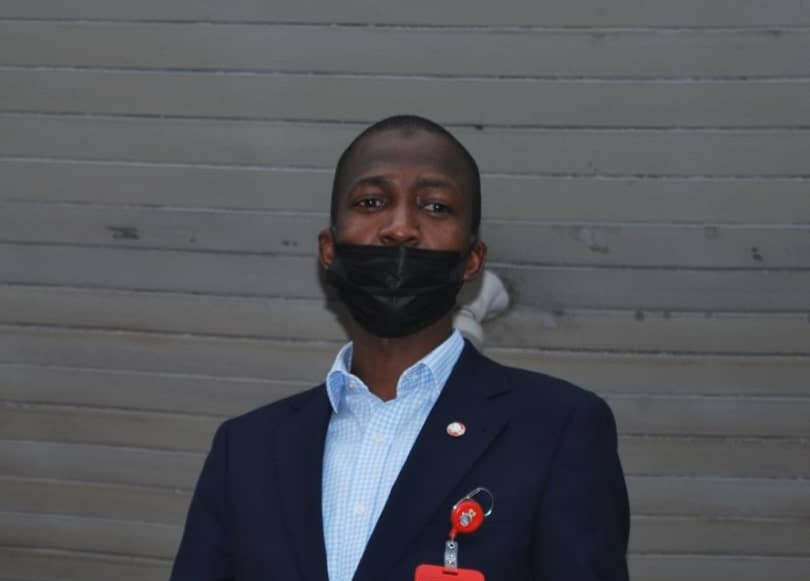Nigeria News
Why I Shunned Court Order That Sent Me To Prison – Bawa

The Executive Chairman of the Economic and Financial Crimes Commission (EFCC), Abdulrasheed Bawa, said he disobeyed a court order that committed him to prison for contempt because he was not given fair hearing.
Recall that a High Court sitting in Kogi State had directed the Inspector-General of Police (IGP), Usman Baba, to arrest the EFCC Chairman over disobedience to a court order.
The IGP was also ordered to remand Bawa in Kuje prison for the next 14 days until he purges himself of the contempt.
The presiding judge, Justice R.O. Ayoola in his judgement granted the application for committal to prison of the EFCC chairman for disobeying a court ruling delivered on November 30, 2022.
However, the EFCC approached the Court of Appeal in Abuja for a stay of execution on the court order which committed its chairman to prison for 14 days.
Speaking at a press conference on Tuesday in Abuja, Bawa, who was represented at the briefing by EFCC’s Head of Media and Publicity, Wilson Uwujaren, said the Commission had approached the appellate court for a stay of execution as a law-abiding agency.
The EFCC spokesman said the Commission would never disobey any court ruling or undermine the judiciary which he holds in great esteem, adding that its action does not show contempt for the court.
According to Bawa, the court denied the anti-graft agency a fair hearing because the alleged infringement of the rights of an applicant in the case, Ali Bello, happened in Abuja which is outside the jurisdiction of the Kogi High court.
He explained, “It is also important to reassure Nigerians and all stakeholders that the Commission has never, and will not take any steps to undermine the judiciary.
“As a law-abiding institution, EFCC has conducted all its activities within the ambit of the law, where judicial decisions were made against it. It has never resorted to self-help but availed itself of remedies under the law as it did in the instant case of committal orders of the court.
“It is important to revisit the circumstances of the two orders of committal against the EFCC Chairman The first order by an FCT High Court on November 8, 2022, was issued over the failure to comply with a November 21st, 2018 order of the court directing the Commission to return seized assets comprising a Range Rover SUV and the sum of N40,000,000,00 (Forty Million Naira to the applicant.
“For the benefit of the public, the said order of the FCT High Court was given three years before Abdulrasheed Bawa became EFCC Chairman. Also, the contempt process is quasi-criminal in nature and must be served on the person involved. In this case, Bawa as chairman of the EFCC was neither served Form 48 nor Form 49.
“Despite this fact, the Executive Chairman, upon being made aware of the said order of November 21, 2018, had released the Range Rover in question to the Applicant on the 27th of June, 2022 and had approved the process of the release of the remaining N40m before the committal order was issued.
“His action does not show contempt for the court or the judiciary which he holds in great esteem.
“In the case of the last order by Justice RO. Ayoola of the Kogi State High Court, the processes are still ongoing so I am constrained to make categorical statements. Suffice it to say that in invoking Form 49, the court failed to take cognizance of a pending appeal of its ruling of November 30, which directed the Commission to produce fraud suspect, Ali Bello, It also failed to transit records of appeal to the Court of Appeal
“The Commission believes it was denied a fair hearing as the alleged infringement of the rights of the applicant happened in Abuja which is outside the jurisdiction of the Kogi High court.
“As a law-abiding institution, EFCC, approached the appellate court, for a stay of execution. This is a valid and lawful remedy law and does not evoke any aura of impunity or disregard for the judiciary.
“It is therefore evident that those claiming that Bawa has a penchant for Booting court orders are simply up to mischief, which is clearly the central theme of the plot by the so-called civil society group.”










